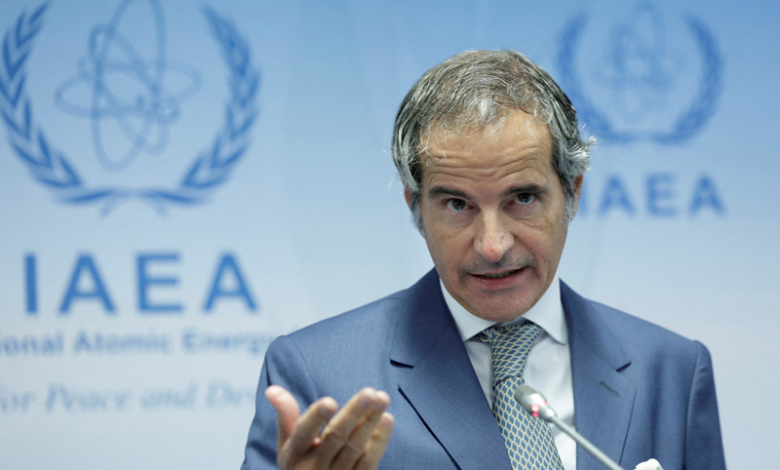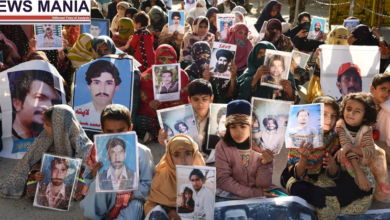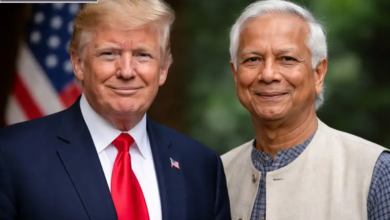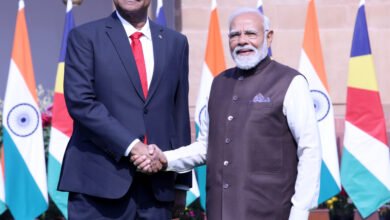Diplomats said European nations are pressing the IAEA for a resolution against Iran

News Mania Desk / Piyal Chatterjee / 14th November 2024
As the world waits for U.S. President-elect Donald Trump to return, European powers are urging the U.N. atomic watchdog’s board to adopt a new resolution against Iran next week to put pressure on Tehran for its lackluster cooperation, according to diplomats. Resolutions of this like run the risk of escalating diplomatic tensions with Iran. Western suspicions about its intentions have increased as a result of its increased nuclear operations and exclusion of senior IAEA inspectors in retaliation for earlier ones and other criticism at the 35-nation Board of Governors of the International Atomic Energy Agency.
In addition to its regular quarterly reports, the resolution would require the IAEA to publish a so-called “comprehensive report” on Iran’s nuclear activities. This report would provide more detail and focus on issues such as Iran’s persistent inability to provide an explanation for uranium traces discovered at undeclared sites. Less comprehensive than the 2015 nuclear agreement with major nations that Trump withdrew the United States from in 2018, which led to its collapse, the goal is to get Iran to return to the negotiating table and agree to new limitations on its nuclear activity in exchange for sanctions relief.
In order to lower the likelihood of conflict between Iran and its regional enemies, Western countries negotiated an agreement with Iran that included strong limitations on its nuclear programs and more stringent international inspections.
“Our concerns about Iranian nuclear activity are well known. It feels a natural point to be asking the IAEA for a thorough report. That then provides a basis to deal with Iranian behaviour,” a European diplomat said, one of five who said France, Britain and Germany are pushing for a resolution
Given Trump’s reluctance to negotiate with Iran, Western efforts to have talks with Iran in time for a new agreement before the 2015 deal’s “termination day” in October of next year had mostly been predicated on the belief that Trump’s opponent Kamala Harris would win the presidential election. As with the previous resolution against Iran in June, the United States is anticipated to support this one even though it hasn’t been the main driving force behind it, according to diplomats. The proposal is being discussed with the departing U.S. administration by the European powers seeking a resolution, referred to as the “E3”.
IAEA chief Rafael Grossi has also not been keen on a comprehensive report since he is involved in delicate diplomacy aimed at obtaining more immediate explanations of the uranium traces from Iran and convincing it to expand his agency’s oversight of its nuclear activities. “We are in real terms (already) providing this,” Grossi told a news conference in September when asked about the possibility of a comprehensive report. “My approach is to try to solve issues now and not to have a perspective of a somehow punitive action at some point in the future. My idea is to try to make the cooperation work now.”
In an attempt to end the long-standing impasse on important topics, Grossi traveled to Tehran on Wednesday for his first meeting with Iranian President Masoud Pezeshkian since Pezeshkian took office in July.
Highlighting the tension between Grossi’s aim of immediate concessions and Western powers’ aim to pressure Iran into talks on nuclear restrictions next year, a senior Iranian official said: “Tehran’s reaction to a resolution could be limitations on diplomatic and technical cooperation (with the IAEA).”Whether the incoming Trump administration would be open to negotiations on what some diplomats have called a “less for less” deal, compared with the 2015 one, is an open question.
We will keep a close eye on any pledges and concessions Grossi secures from Iran in order to gauge its willingness to engage in dialogue. A week after Trump won the U.S. presidential election, official media said Tuesday that Pezeshkian stated Tehran must “handle its enemies with forbearance” since it cannot ignore its arch-enemy, the United States. Although there have been no rumors that the Trump administration intends to negotiate with Tehran after it becomes power in January, the president-elect stated during the campaign that “I don’t want to do damage to Iran but they cannot have nuclear weapons.”






